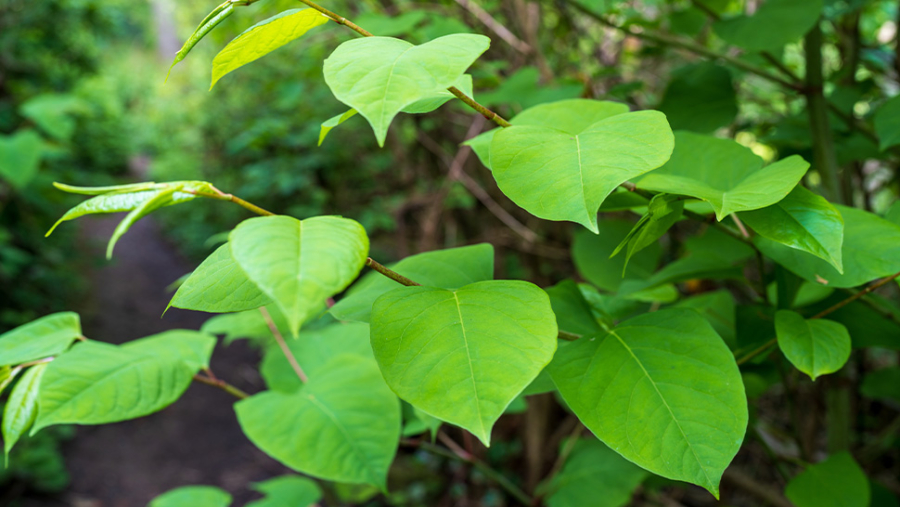
Recovering damages for diminution of property value due to Japanese Knotweed
20 February 2023

What is Japanese Knotweed and why can it be problematic?
Japanese Knotweed is a perennial weed and considered one of the world’s most invasive plants. From the introduction of a single plant in the 1850s, it has spread across the UK with the government estimating the cost for eradication at £2.6 billion. Japanese Knotweed has since been categorised as an invasive non-native species (INNS).
Knotweed is damaging to native plant species and the environment. If untreated and not removed properly, it can quickly spread from one property to another property. The plant’s resilient root systems extend metres underground and can cause significant physical damage to buildings and property…concrete is no barrier to it!
The presence of Knotweed can severely impact the value of your property. It can lead to difficulties selling and insuring property. Additionally, having it professionally eradicated can be an expensive and time-consuming process requiring expert treatment and disposal.
Legal issues with Japanese Knotweed
Due to the destructive roots spreading underground, the owner of land with the invasive plant present could be liable for common law or statutory nuisance where the Knotweed has spread to adjoining land.
A nuisance claim by an adjoining landowner would usually cover the costs of removal or a continuing injunction requiring the owner of the infested land to take measures to control the plant. Due to the highly resilient nature of Knotweed these remedies can take several years of treatment.
Recent decision
The recent decision of Davies v Bridgend Borough Council [2023] EWCA Civ 80 reflects a new reality of claims for residual diminution in value. Prior to this decision, if a property had suffered a nuisance from the previous existence of Knotweed, there was no available remedy for the adjoining landowner to claim for a residual adverse impact on the value of their property.
This new judgment confirmed that compensation can now be granted for the reduction in the value of the property caused by Knotweed, even if it had been treated.
The impact of Knotweed on adjoining property owners is not just the cost of its removal but also the residual adverse impact on the value of their property. The law has now moved to cover this loss, where proven.










